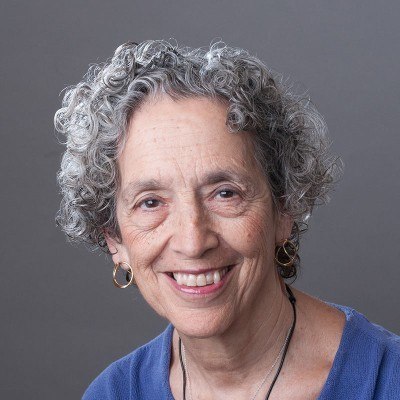Many people have asked me what it feels like to fast for a week, so I thought I’d take a few minutes to share some musings on the sensory nature of this experience.
A low-grade headache and light-headedness follows me, and though I can still leap into a phone call or a public speaking moment with my usual energy, in between I find myself drifting. It has become clear that food is the body’s fuel, and that going without it does drain energy and make it harder to stay focused and to function well. I think about societies where everyone operates, all the time, with this low-grade nagging feeling, with the distraction of thinking about hunger taking one’s attention away from the task at hand. I think of food off and on, and when I do, I think immediately of why I am fasting, what it must be like to live this way always.
During the first two days, I was taken by the sensory nature of drinking: water never tasted so good, and I could make a significant distinction between cold water and hot water, changing which one I wanted at different moments. It was as if each were a defined delicacy. And the other day I read the Times food section and discovered that I could easily imagine the tastes and smells that some of the recipes would produce—which is not my usual reaction. In bed at night I usually fall asleep immediately, but last night, my body spent about 10 minutes wondering where its food was, why it felt different.
On the third day, I added several clear juices and some broth and miso soup, and it was amazing how good these things taste when you have not eaten for a few days. That suggests that I might try to think more and more carefully about what I put in my mouth when I am eating.
From the beginning of the fast, a part of me was comforted by the thought that this will end: I told myself, it’s only two days on water only, then I’ll add other liquids and it will get easier, and then in a week it will be over and I’ll go back to eating like I usually do. This feeling of hunger must be so very different for someone whose life is defined by never having enough—every single day, with no end in sight. It raises my hope to think that 6,000 people have joined me in this fast—at least for a day or two—and now all of those people share these kinds of thoughts, and are that much more committed to doing something about this, telling Congress that they can’t just turn their backs on people who are hungry—that we can’t all stand by while this injustice continues.
AJWS’s work in countries and communities changes over time, responding to the evolving needs of partner organizations and the people they serve. To learn where AJWS is supporting activists and social justice movements today, please see Where We Work.

